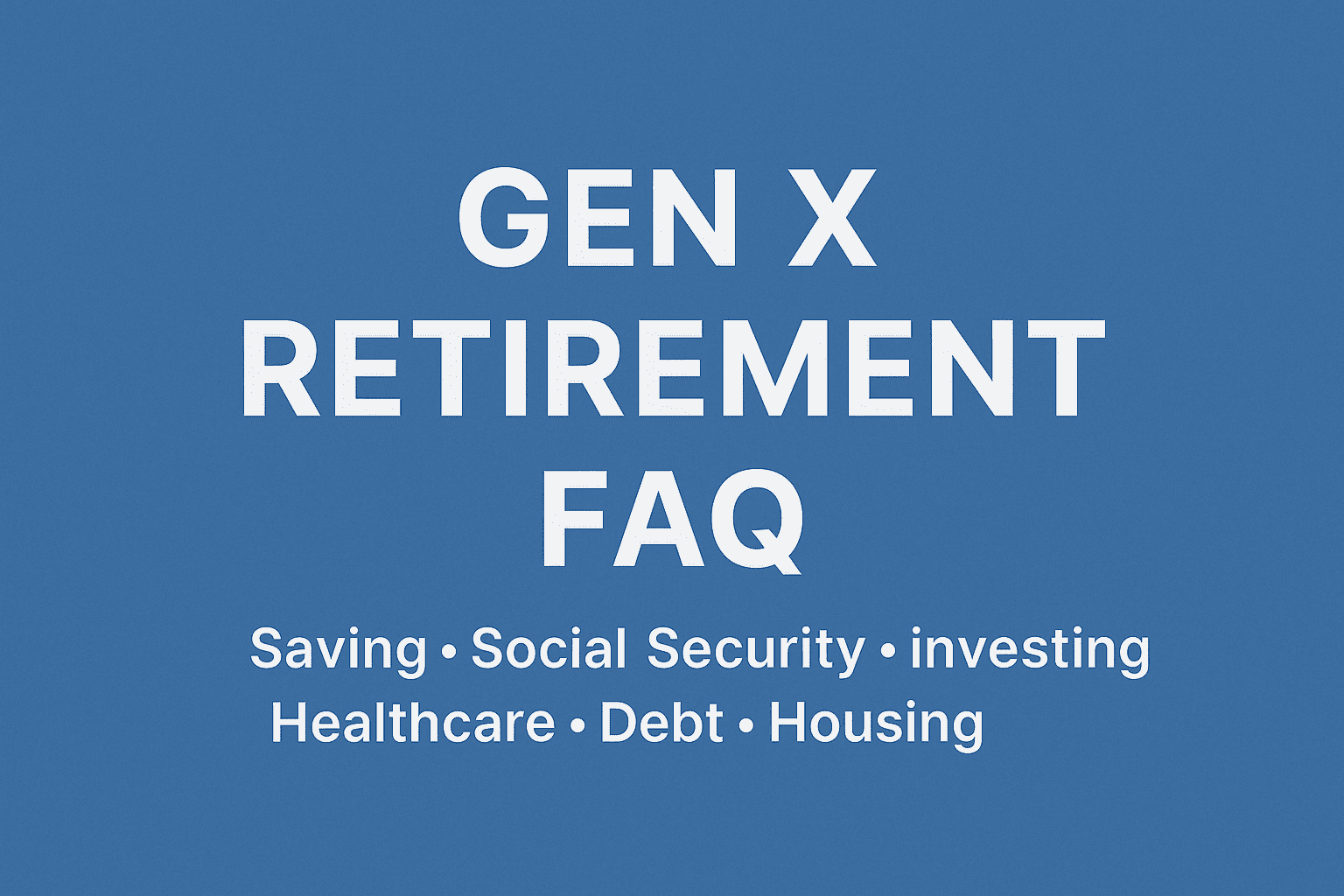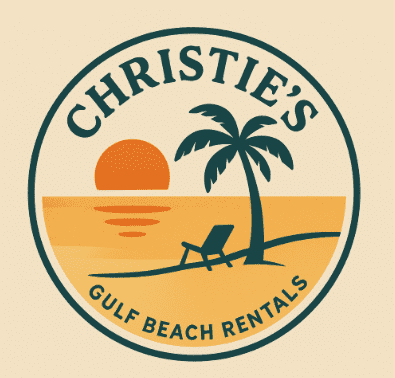Last updated on March 26th, 2022 at 07:49 pm
You are a real estate agent or an insurance agent or run a gardening business. You are entitled to set up a 401k or IRA just like the big companies. Deposit pre-tax funds and use your new 401k or IRA to fund your retirement. This article and podcast will cover several aspects of government-sanctioned retirement plans. Plans are very similar to ones offered by employers but available to you as a sole proprietor or an owner with a few employees.
The focus of this article will be on sole proprietors. Many people leave jobs with retirement plans to start their businesses. Perhaps you are a blogger and work at home. Since you started your own business, you have not been contributing to your retirement because you did not know how. Let’s get into this with great options.
There are a variety of plans
To start, let’s discuss the several types of plans that are available to you. Some plans allow you to make contributions pre-tax, which is deducted from your income before you are taxed. These “tax-free” plans are not tax-free, they allow you to push out the tax consequences until you reach age 59 1/2 or older. You are using the government’s money to earn more.
Then some plans allow you to make contributions after you pay payroll tax. These plans permit the deposited funds to grow in value through investments without any future tax charge. You never pay income taxes when you remove these funds as long as you follow the plan rules.
There are hybrid plans that permit you to invest in real estate for example as well as stocks and bonds. These plans are called “self-directed” and are open to almost any type of investment. With a self-directed plan, you invest the money in one of the two methods above, the difference is that unlike a standard plan with a handful of investments to select from, you have almost no limits.
Plan providers
There are several providers of retirement plans, not all providers offer all of the various iterations available. You should consider the type of plan you want before you start looking for a plan provider. Also, some plans permit you to have your business contribute, and then you as an individual can also contribute. This is similar to the big companies. The difference is that the money from the business is yours and the payroll contribution is yours. The same essential source.
You may want to consider having your business deposit the business checking account then making an individual deposit. There are mechanisms for funds to be deposited by the business for both the business and you as an individual. Before we go any further let’s talk about the money flow for a small business.
Money flow
If you are a sole proprietor, you should create a limited liability company (or SubChapter S or C Corporation) for your business. Obtain a tax Id number that tells everyone there are two entities. You and your business. You are essentially a sole proprietor but revenue runs through the business checking account. Do not put business funds in your personal account and vice versa.
You can become a w2 employee meaning that you are an employee of your own company. No one asks who owns a company. Creditors and others will look at you as being an employee of x company. Frankly, this makes sense in part because the IRS is telling you that you can have our business contribute to your qualified plan.
Keep your transactions clean. Set up an accounting system. You can buy a subscription for an accounting program or you can go to WAVEAPPS.com for a free online accounting system. I use this for my businesses because it is easy and my CPA can have access. Your checking account transactions drop into the accounting system after you connect it to your bank account.
What about my spouse?
You can hire your spouse and the spouse can participate as well. If your spouse is working for an employer with a 401k plan and your spouse decides to leave that employer, the plan can be transferred just as yours was if the spouse is an employee.
Are there other benefits available to me as a business owner?
Assuming that you are not yet eligible for Medicare, you can set up a small group plan for your business to cover health insurance. This plan may be less expensive than obtaining an individual plan. Some states have created programs for small businesses to participate in a larger insurance pool.
More information
You may want to check out this link for free self-directed IRA plan information. This IRA provider has good programs to support your business needs. I like the self-directed version because you can use your retirement account to fund investments that may help you earn more for the future.
Please read other articles on our site that are similar to this one. Try this one: Start a small business.
Discover more from RetireCoast.com
Subscribe to get the latest posts sent to your email.









